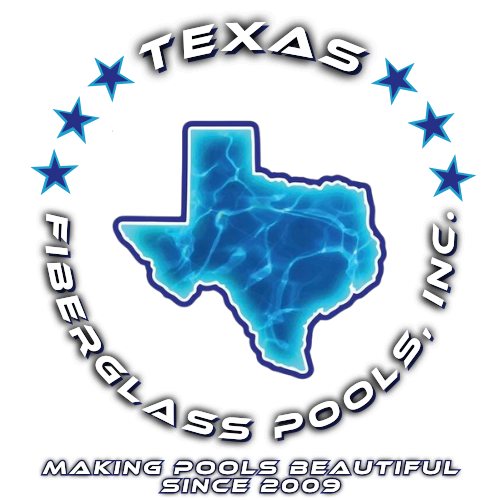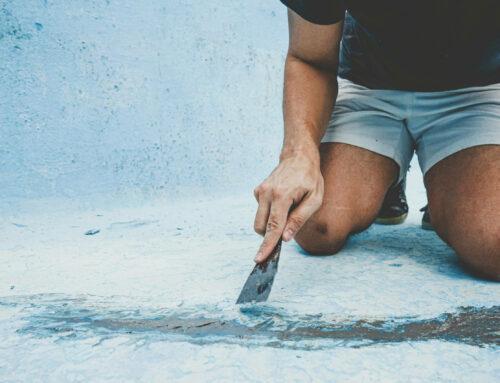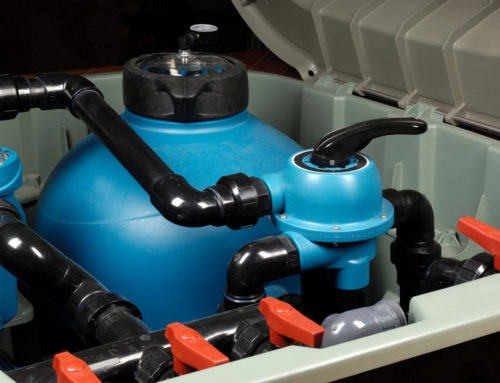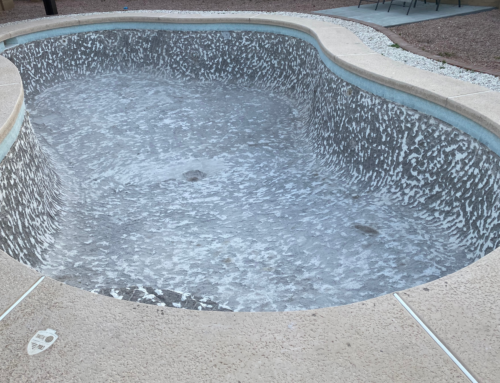One of the biggest problems that can easily ruin the start of a super summer is a crack in the swimming pool. Not only are cracks an eyesore in a concrete pool, but they are also the root of major leaks that can put a real dent in the pool maintenance budget.
Some people may think that cracks are purely a sign of age in a swimming pool. While this isn’t a wrong assumption, there are other technical factors that lead to damaging cracks and an eventual swimming pool resurfacing.
Here’s a look at the three biggest reasons for pool cracks and why fiberglass resurfacing is the smartest option for repairs,
Poor Installation
While we don’t install swimming pools, we definitely have had to resurface swimming pools that were installed through cut corners. The care with which your pool is installed weighs heavily on how well it will hold up over time.
Installation mistakes like failing to keep the concrete wet when its poured can quickly lead to irreversible cracks that ruin the integrity of your pool and come with a hefty price tag if left ignored.
Soil Conditions
Your swimming pool’s structure relies on the strength of the soil that it rests on. If the soil isn’t able to compact, your swimming pool will easily become a victim of premature cracking. It’s recommended to avoid swimming pool construction on hilly or expansive areas of soil. Soil in these areas commonly suffer from soil movement and put your pool at increased risks of cracking.
Improper Design
A swimming pool isn’t something that can be installed on a whim. Soil studies must be undertaken to ensure that the proposed site is strong enough to withstand the structural demands of a swimming pool.
Should design matters go ignored, be prepared to deal with cracks and leaks prematurely after installation.
Fiberglass Resurfacing Solutions for Structural Damage
If your pool is starting to show its wear and it’s time for a resurfacing, we suggest looking towards the fiberglass solution. Fiberglass resurfacing not only helps solidify the effectiveness of pool crack repairs, but the service also brings several benefits to your swimming pool system.
Aside from it being compatible with both saltwater and chlorine pools, fiberglass also:
- Saves owners money through less frequent resurfacing needs
- Isn’t as susceptible to algae growth as concrete surfaces are
- Doesn’t affect the pH of your water
Keep Your Pool Summer-Ready With Texas Fiberglass Pools
In short, if you have cracks and need to repair your pool anyways, it’s always best to resurface with the fiberglass materials. At Texas Fiberglass Pools, resurfacing is our specialty, and we will be able to get your pool smooth, beautiful, and crack free at a rate that won’t dampen your summer. Contact us today to learn more about our swimming pool services.






